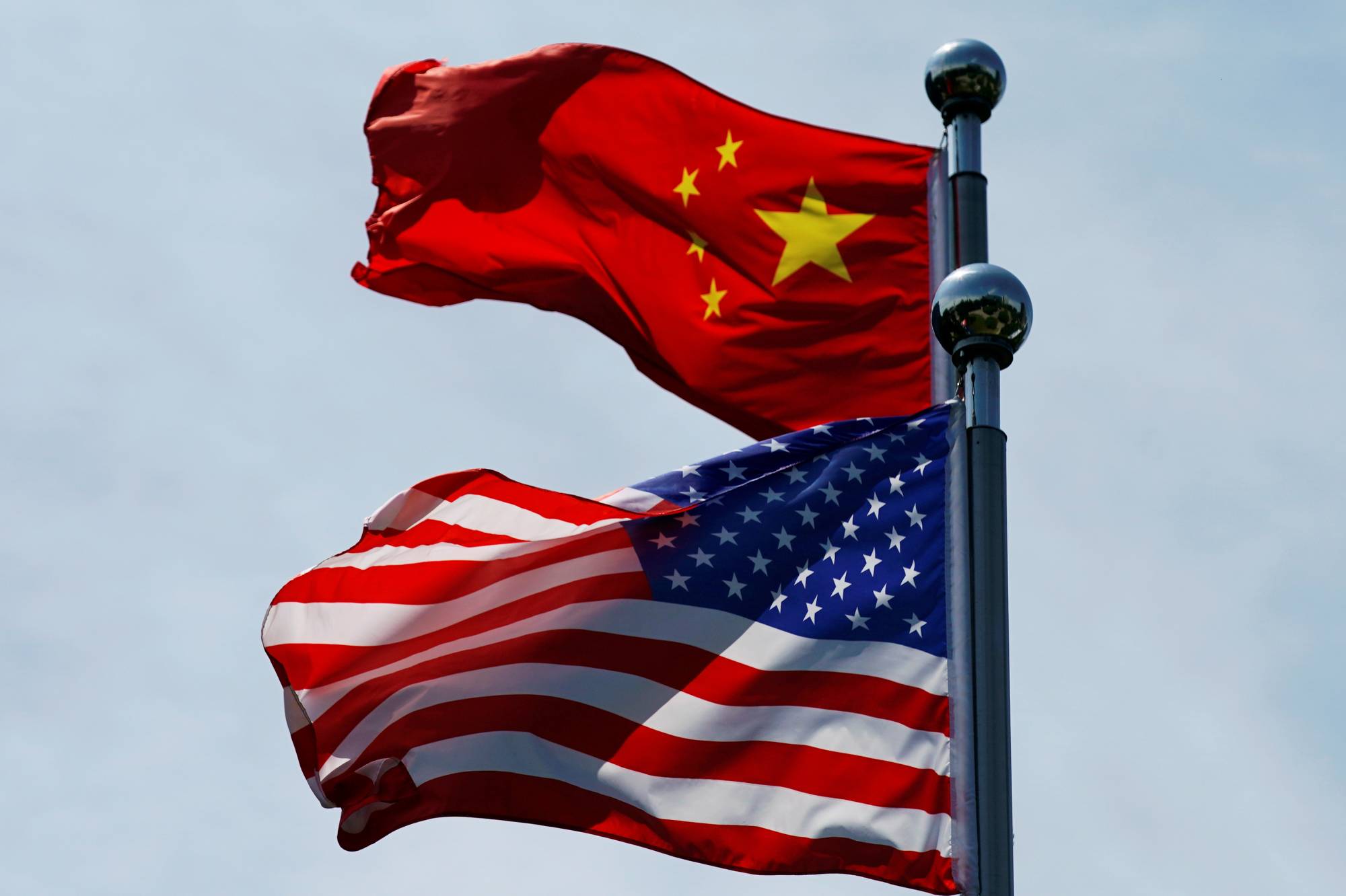In terms of geopolitical impact, nothing could be more important than the United States’ shift from strategic cooperation to strategic competition with China.
This change has darkened many observers’ views of China’s economic prospects, as indicated by a Bruegel report released late last year. The assumption, it seems, is that China has no choice but to retreat from its successful development path and embark on a less prosperous path toward self-reliance, with the state exercising complete control over the economy to hedge against geopolitical shocks. But China’s efforts to bolster its self-sufficiency in some areas are a reasonable response to external pressures — and they hardly spell doom for its economic model or prospects.
In recent years, the U.S. has ramped up its effort to “contain” China’s rise. Beyond employing tariffs and nontariff barriers on imports from China, it has been limiting Chinese investment, such as by blocking Chinese companies from acquiring firms in some high-tech sectors in the U.S. It has also continued to add Chinese firms to its so-called Entity List, thereby restricting their access to U.S.-controlled critical technologies like semiconductors, barred U.S. capital from entering some of China’s strategic industries, and forced Chinese companies off U.S. stock exchanges.


















With your current subscription plan you can comment on stories. However, before writing your first comment, please create a display name in the Profile section of your subscriber account page.